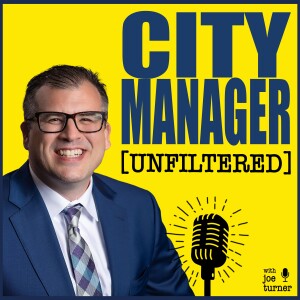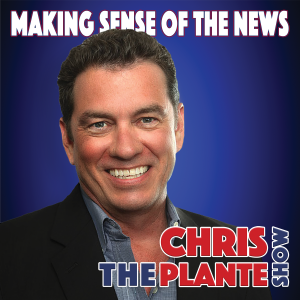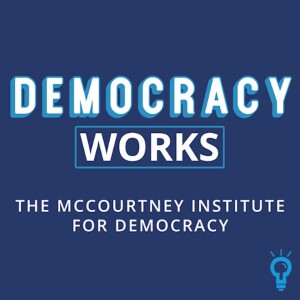If there's one thing that people across the political spectrum can agree on, it's a sense of discontent with the current state of American politics. This week, we explore the origins of that discontent and why it's damaging to democracy. Our guest is Matthew Rhodes-Purdy, an assistant professor of political science at Clemson University and one of the authors of The Age of Discontent: Populism, Extremism, and Conspiracy Theories in Contemporary Democracies.
Rhodes-Purdy and his co-authors argue that the most successful populist and extremist movements of the past 20 years have focused largely on cultural grievances, rather than on economic discontent. The book outlines what they describe as the troubling implications of discontent on the long-term compatibility of liberal democracy and free-market neoliberalism.
Looking at case studies from around the world, the authors imply that democratic states must renew their commitment to social regulation of markets and to serve as conduits for citizen voice for democracy and market economies are to survive.
More Episodes
Living in a fragmented democracy
 2023-04-03
2023-04-03
Feet in 2 Worlds: Immigrants in a Divided Country
 2023-03-27
2023-03-27
Harnessing the power of juries
 2023-03-20
2023-03-20
Civic learning amid the culture wars
 2023-03-06
2023-03-06
Finding the "we" in civic engagement
 2023-02-27
2023-02-27
Why politics makes us depressed — and what we can do about it
 2023-02-20
2023-02-20
What will it take to make democracy more representative?
 2023-02-06
2023-02-06
Separating news from noise
 2023-01-23
2023-01-23
What we learned from our guests in 2022
 2022-12-19
2022-12-19
Where do the parties go from here?
 2022-12-12
2022-12-12
The real free speech problem on campus
 2022-12-05
2022-12-05
Jamelle Bouie makes the case for majoritarianism
 2022-11-21
2022-11-21
Our conversation with Josh Shapiro [rebroadcast]
 2022-11-14
2022-11-14
States united for democracy
 2022-11-07
2022-11-07
Celebrating democracy's small victories
 2022-10-31
2022-10-31
Climate change is everyone's fight
 2022-10-24
2022-10-24
Francis Fukuyama on the promise and peril of liberalism
 2022-10-17
2022-10-17
The backbone of democracy is now the face of fraud
 2022-10-10
2022-10-10
How Democrats can harness grassroots energy
 2022-10-03
2022-10-03
When should the states decide?
 2022-09-26
2022-09-26
Create your
podcast in
minutes
- Full-featured podcast site
- Unlimited storage and bandwidth
- Comprehensive podcast stats
- Distribute to Apple Podcasts, Spotify, and more
- Make money with your podcast
It is Free
You may also like

City Manager Unfiltered


Potencial Americano


The ASIC Podcast


The Chris Plante Show


Red Eye Radio


- Privacy Policy
- Cookie Policy
- Terms of Use
- Consent Preferences
- Copyright © 2015-2024 Podbean.com



 iOS
iOS Android
Android